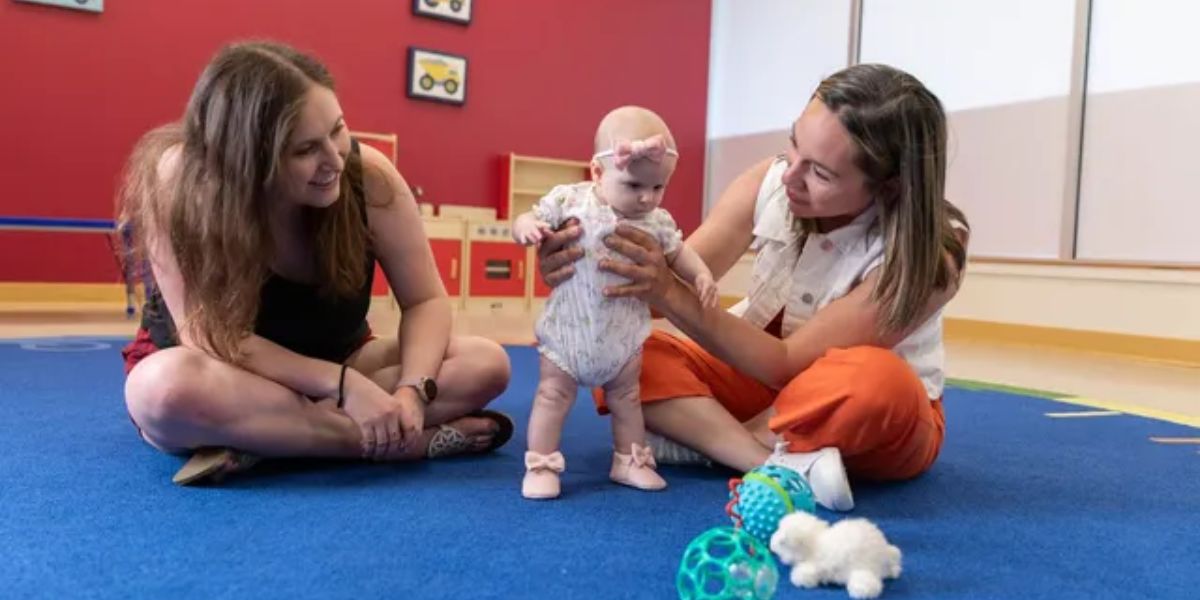Trauma-informed care has become one of the most transformative approaches in behavioral health, especially in communities like Madison County, where counselors, social workers, and primary care providers are working together to improve emotional and psychological well-being. Instead of treating symptoms alone, trauma-informed care shifts the focus to understanding how past experiences shape current behaviours, coping patterns, and mental health challenges. This shift is reshaping counseling across the county and offering residents a more compassionate, evidence-based path to healing.
What Trauma-Informed Care Really Means
Trauma-informed care is not a specific therapeutic technique but a philosophy of service delivery. It recognises that trauma is far more common than many people realise and that its impact can be long-lasting.
Counselors in Madison County using this approach follow key principles such as safety, trust, collaboration, empowerment, and cultural sensitivity.
Table of Contents
Instead of asking clients, “What’s wrong with you?” the trauma-informed perspective encourages providers to ask, “What happened to you?” That shift alone reduces stigma and encourages clients to speak openly without fear of judgement.
The Growing Need for Trauma-Informed Counseling in Madison County
Local providers report rising mental health challenges tied to childhood experiences, stress, family instability, and community-level issues. Schools, families, and clinics have begun recognising the need for early intervention.
Factors driving the need include:
- Increased awareness of childhood trauma (ACEs) and its long-term effects
- Higher rates of anxiety, depression, and stress-related conditions
- Community-wide recognition that traditional counseling approaches were not always meeting the deeper emotional needs of survivors
Trauma-informed care allows counselors to address root causes rather than surface-level symptoms, improving long-term outcomes for both adults and children in the county.
How Madison County Counselors Are Integrating Trauma-Informed Practices
Behavioral health providers, including those at local clinics and school-based programs, are actively adopting trauma-informed methods into everyday care. This includes:
Creating Safe, Supportive Environments
Counselors are trained to make clients feel physically and emotionally safe the moment they walk through the door. This may involve predictable routines, clear communication, warm tones, and non-judgmental body language.
Reducing Power Imbalances
Madison County therapists increasingly use collaborative goal-setting, giving clients more voice and choice. This is especially helpful for individuals with experiences of control, abuse, or instability.
Recognising Trauma Responses
Counselors are trained to identify trauma-linked behaviours such as hypervigilance, withdrawal, difficulty concentrating, or emotional numbing.
Instead of mislabeling these as “disruptive” or “unmotivated,” practitioners understand them as coping mechanisms.
Strengthening Emotional Regulation Skills
Therapists help clients build skills to manage overwhelming emotions, including grounding techniques, breathing exercises, and cognitive reframing. These tools support long-term healing and resilience.
Trauma-Informed Care in Schools and Youth Programs
Madison County schools and youth programs are adopting trauma-sensitive strategies to support children experiencing stress, instability, or adverse experiences.
Educators and school counselors use techniques such as:
- Predictable classroom routines
- Calm spaces for emotional regulation
- Strength-based communication
- Early referral to behavioral health services
By responding with compassion rather than discipline alone, schools are seeing reductions in behavioural issues and improvements in student engagement.
The Role of Families in Trauma Recovery
For many residents, healing happens not only in individual counseling sessions but within the family system. Family-based programs across Madison County, guided by experts like local social workers and behavioral health providers, help caregivers understand trauma responses and develop healthier communication patterns.
These programs focus on:
- Building trust within families
- Improving parent–child connections
- Reducing conflict and stress at home
- Creating supportive routines and boundaries
When families understand trauma, they can better support children and adults through the recovery process.
Primary Care and Behavioral Health Integration
A major advancement in Madison County is the integration of primary care and behavioral health, allowing trauma-informed principles to guide treatment across both medical and counseling settings.
Primary care providers now screen for trauma, stress, and mental health symptoms during routine visits. This early detection bridges the gap between physical and emotional health, ensuring that patients receive comprehensive support.
Why Trauma-Informed Care Leads to Better Outcomes
Trauma-informed practices improve counseling outcomes because they:
- Increase client engagement and trust
- Reduce re-traumatisation during treatment
- Improve communication and self-understanding
- Support long-term emotional resilience
- Create stronger connections between clients, families, and providers
Communities that adopt trauma-informed approaches often see improvements in mental health, school performance, job stability, and family relationships.
Moving Madison County Toward a More Compassionate Future
As more local clinics, schools, and community agencies adopt trauma-informed care, Madison County is steadily building a more supportive mental health landscape. Providers are not just treating symptoms; they’re empowering individuals and families to rebuild stability, develop resilience, and feel seen and heard.
Call to Action
If you or someone you know in Madison County is seeking supportive counseling grounded in trauma-informed care, explore the resources and programs available through MCCHC. Share your thoughts or experiences in the comments below — your voice can help others feel understood and supported.













